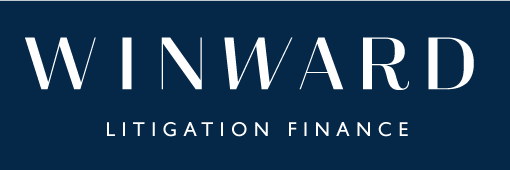Chapelgate Credit Opportunity Master Fund Ltd v Money & Ors [2020] EWCA Civ 246
The nightmare scenario for a litigation funder is that the funder itself ends up in litigation, and the original claimant is nowhere to be seen. In this case, ChapelGate, the funder of Ms Davey in unsuccessful litigation, appealed against the order for costs that was made against it as a result of the lifting of the Arkin cap. The funder’s optimistic argument was that Arkin was binding authority laying down a “solution” to be applied in respect of commercial funders. It was not for the Court of Appeal to seek to undo what had been settled since Arkin. The difficulty was that it was settled law, when it came to assessing whether a non-party costs order should be made, that "the only immutable principle is that the discretion must be exercised justly". There was no doubt that in certain circumstances applying the Arkin cap could lead to an unjust result. As a result the Court of Appeal was clear that Arkin did not represent a binding rule. Court decisions as to where costs fall would always have an element of discretion to them.
The Davey case exhibited a number of features where it would be unjust to apply the Arkin cap. The Court held that it was not a case of a funder funding only a distinct part of the costs (it actually was by reference to time, but not to type of cost funded eg disbursements only) and the Court was entitled to have regard to the extent to which the successful parties would have been out of pocket as a result of the application of the cap. Some of the other reasons that the Court of Appeal felt were legitimate to be taken into account are troubling for funders because they tend to have general application – a central one being that the funder stood to receive a profit amounting to a multiple of what it had spent and also that the funder may, in some circumstances, have ended up with more than the claimant. Another concerning feature for funders was the fact that the Court of Appeal felt that a judge could properly take into account the fact that the respondents would incur costs greatly in excess of the funding provided by ChapelGate.
The problem for funders generally is that they cannot control the costs of an opponent and they will always stive to make a multiple return. This is their business model – the appeal rather suggests that the effective operation of this business model makes it more likely that the Arkin cap will be lifted in those cases which have been comprehensively lost. Whilst it is not now a binding rule, there must be a strong probability that in cases where indemnity costs are awarded, and where the evidence suggests that the successful defendant will not receive back its initial costs outlay, the Arkin cap will not be applied. The concern for funders is whether the concept will be applied in the normal case where costs are assessed on the standard basis. Were this to be the case, then the funder’s risk increases substantially.
